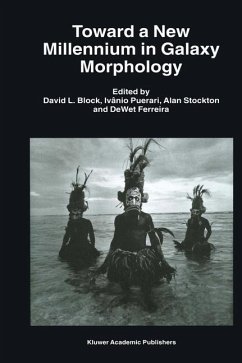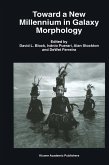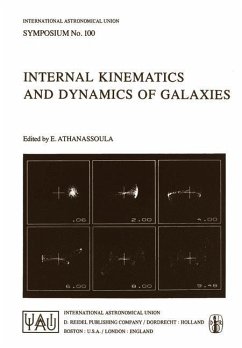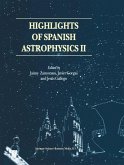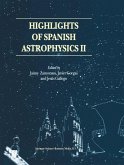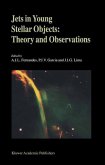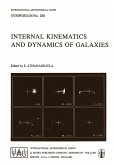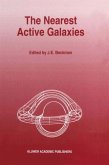South Africa - a land of paradigm shifts. A land where we are willing to leave behind the old, to bravely accept the new. What do we need to exit the dark ages in the morphology of galaxies? How prevalent is the cherishing of old concepts? Traditional morphology has been `mask-oriented', focusing on masks of dust and gas which may constitute only 5 percent of the dynamical mass of a galaxy.
Some of the world's foremost astronomers flew to South Africa to address morphologically related issues at an International Conference, the proceedings of which are contained in this volume. Examine predicted extinction curves for primordial dust at high redshift. Stars evolve; why not dust? Read about the breakdown of the Hubble sequence at a redshift of one. Explore the morphology of rings; the mysteries of metal-rich globular clusters; vigorous star-formation in the Large Magellanic Cloud; the world of secular evolution, where galaxies change their shapes within one Hubble time. And much more. Examine a new kinematical classification scheme of the unmasked, dust-penetrated near-infrared images of spiral galaxies.
This volume contains over 80 refereed contributions (including 18 in-depth keynote review articles), 40 pages of questions and answers, a panel discussion transcribed from tape and 24 colour plates. The volume is unique in that contributions from both high and low redshift experts are represented at a level readily accessible to postdoctoral students entering the exciting world of morphology - whether it be of the local, or more distant, Universe.
Some of the world's foremost astronomers flew to South Africa to address morphologically related issues at an International Conference, the proceedings of which are contained in this volume. Examine predicted extinction curves for primordial dust at high redshift. Stars evolve; why not dust? Read about the breakdown of the Hubble sequence at a redshift of one. Explore the morphology of rings; the mysteries of metal-rich globular clusters; vigorous star-formation in the Large Magellanic Cloud; the world of secular evolution, where galaxies change their shapes within one Hubble time. And much more. Examine a new kinematical classification scheme of the unmasked, dust-penetrated near-infrared images of spiral galaxies.
This volume contains over 80 refereed contributions (including 18 in-depth keynote review articles), 40 pages of questions and answers, a panel discussion transcribed from tape and 24 colour plates. The volume is unique in that contributions from both high and low redshift experts are represented at a level readily accessible to postdoctoral students entering the exciting world of morphology - whether it be of the local, or more distant, Universe.

